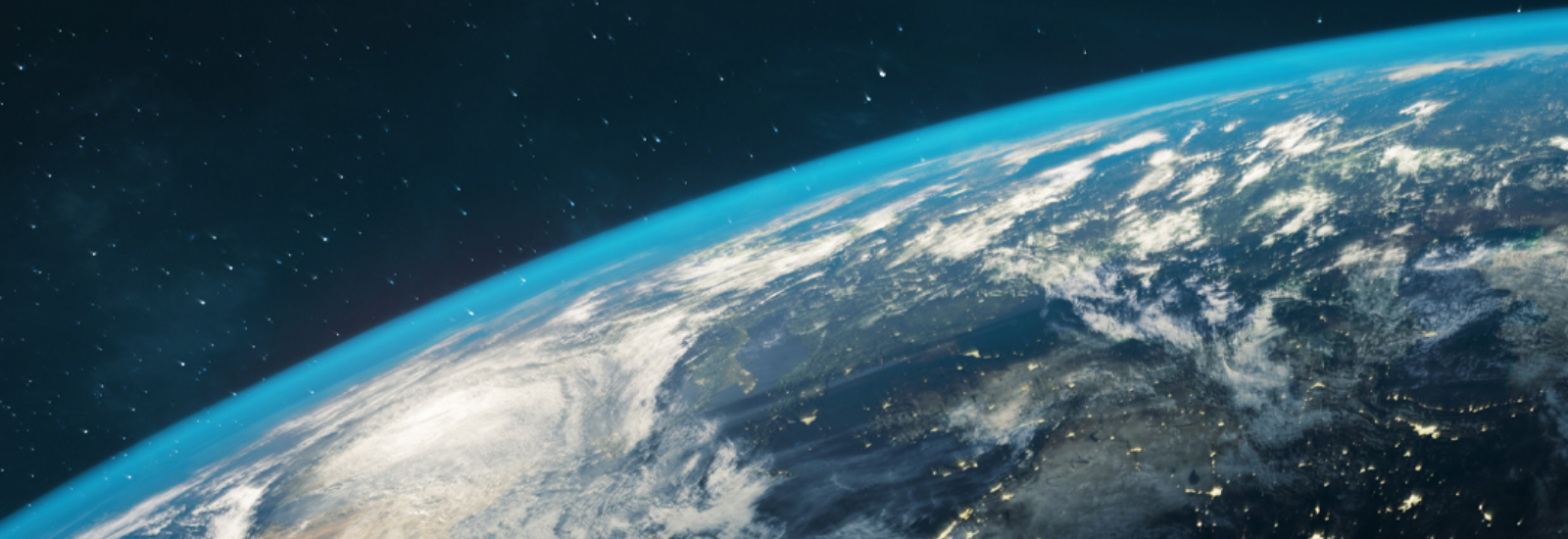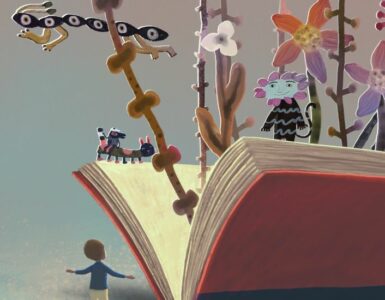The 10 finalists of this year’s just IMAGINE if… competition have been revealed. Read on to discover who is in the running to win £100,000 in research and business support from the University of Reading and Henley Business School.
We received entries from 100 aspiring entrepreneurs from across the globe demonstrating a wide range of business ideas to tackle the UN’s Sustainable Development Goals (SDGs). After careful consideration the judging panel chose 10 finalists who have been paired with expert business counsellors and researchers from the University of Reading and Henley Business School, who will help them develop their business plans before pitching them at the final in March.
just IMAGINE if… has granted two awards so far – in 2019 and 2022 – to scale, innovate and execute world-changing ideas. It’s now time for the University of Reading and Henley Business School to find a third winner and create yet more opportunities to tackle global challenges.
Here we reveal the 10 ideas in the running to become our third winner.
2024 finalists
-
Kolatat Phaiboonnukuklkij of Phytavaren Technology
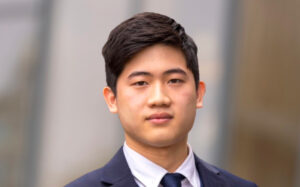 Phytavaren Technology is a property technology startup in London, founded by Reading alumnus Kolatat Phaiboonnukukij. Kolatat studied BSc Real Estate at the Henley Business School.
Phytavaren Technology is a property technology startup in London, founded by Reading alumnus Kolatat Phaiboonnukukij. Kolatat studied BSc Real Estate at the Henley Business School.
Phytavaren Technology specialises in building thermal dynamics research and development and developing eco-friendly building materials.
This includes its revolutionary Interlocking Semi-Calcite Passive Brick, which is made of shells and waste glass and plastics, provides effective insultation and uses less plaster during construction due to its interlocking shape.
-
Georgette Mukeshimana of Kira-heal Rwanda
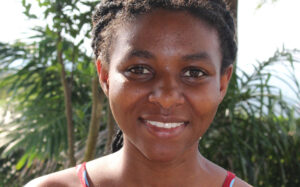 This project aims to provide justice and mental health care to victims of sexual and domestic violence in Rwanda.
This project aims to provide justice and mental health care to victims of sexual and domestic violence in Rwanda.
Georgette plans to establish mental health clinics all around the country, offering free counselling and support to take sexual violence cases to court.
-
Martin Kiyeng of Ubuni Green
Ubuni Green, based in Kenya, turns natural fibres into highly absorbent nappies, and uses a business model where customers in wealthier areas subsidise the nappies for families in need.
The compostable nappies are made from agricultural waste, including pineapple, maize husk, bamboo fibre and banana fibre, which are abundant in Kenya. They do not contain bleach or chemicals, and biodegrade within six months of disposal – 1,200 times faster than conventional nappies.
-
Joseph Orya of Peddle Innovation Labs
 Peddle Innovation Labs has developed a portable and solar-powered classroom in a box to provide access to quality education for marginalised communities in Nigeria.
Peddle Innovation Labs has developed a portable and solar-powered classroom in a box to provide access to quality education for marginalised communities in Nigeria.
Millions of refugee girls, women and young people in remote areas lack consistent access to education due to conflict, displacement, and economic constraints.
The digital classrooms accommodate at least 50 mini-computers and an AI platform offering lessons in 100 languages.
-
Will Wilson of Zero Waste Silage
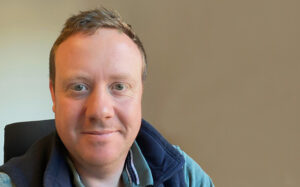 Zero Waste Silage is developing biodegradable alternatives to single-use plastic sheets used in agriculture to preserve animal feed.
Zero Waste Silage is developing biodegradable alternatives to single-use plastic sheets used in agriculture to preserve animal feed.
The company has developed two alternatives which use far less or no plastic to create the large sheets used to protect silage – chopped grass or maize that is a staple food for cattle.
-
Samantha Mureau of Planet of the Grapes
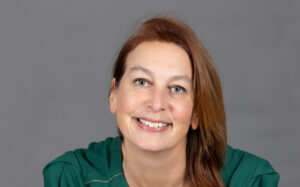 Planet of the Grapes transforms wasted grape skins from organic vineyards in France into grape leather products for the fashion and lifestyle industries.
Planet of the Grapes transforms wasted grape skins from organic vineyards in France into grape leather products for the fashion and lifestyle industries.
This is a circular plant leather that doesn’t use harmful chemicals and will biodegrade at the end of its useful life.
-
Kenneth Uche of Smokeless Briqqs Energy Solutions
Smokeless Briqqs Energy Solutions produces eco-friendly briquettes and cooking stoves from waste materials, addressing the need for affordable, eco-friendly cooking solutions in Nigeria.
The eco-friendly briquettes are made from agricultural waste and burn for longer than ordinary charcoal without producing any smoke or sparks. Using these briquettes can help contribute to reducing deforestation.
The stoves are made from metal scraps and electronic waste, can cook twice as fast as a traditional stove, and even convert leftover heat into electricity to charge phones or provide lighting for the home.
-
Felix Weaver of Thiiia
 UK-based Thiiia has created Ultra Rapid – a video-learning animation technique that presents information visually alongside music, making it easier to process.
UK-based Thiiia has created Ultra Rapid – a video-learning animation technique that presents information visually alongside music, making it easier to process.
The tool allows those who may struggle with traditional teaching – including neurodivergent learners – a more equal opportunity to flourish.
-
Joshua Kao of Living Water Systems
Living Water Systems has created the world’s first rainwater catchment units that fit onto the roofs of relief shelters in refugee camps, where water contamination is a major issue.
Rainwater is already a clean natural water source, but the units also filter out residue from the shelter roofs, giving refugee families access to clean water.
-
Aristide Kambale of KiotaData
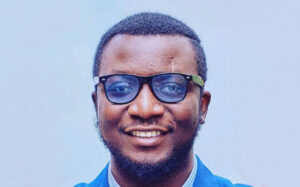 KiotaData helps micro, small, and medium-sized businesses and agricultural cooperatives in the Democratic Republic of Congo to gain access to finance and international trade.
KiotaData helps micro, small, and medium-sized businesses and agricultural cooperatives in the Democratic Republic of Congo to gain access to finance and international trade.
The digital platform was developed by Ikiotahub Ltd and the Research and Scientific Expertise Center. It helps businesses to overcome these two major barriers to success by connecting them with buyers and suppliers across the country on its digital marketplace and simplifying cross-border transactions using a mobile app.
Visit our Just IMAGINE If webpage for more information on the finalists.

